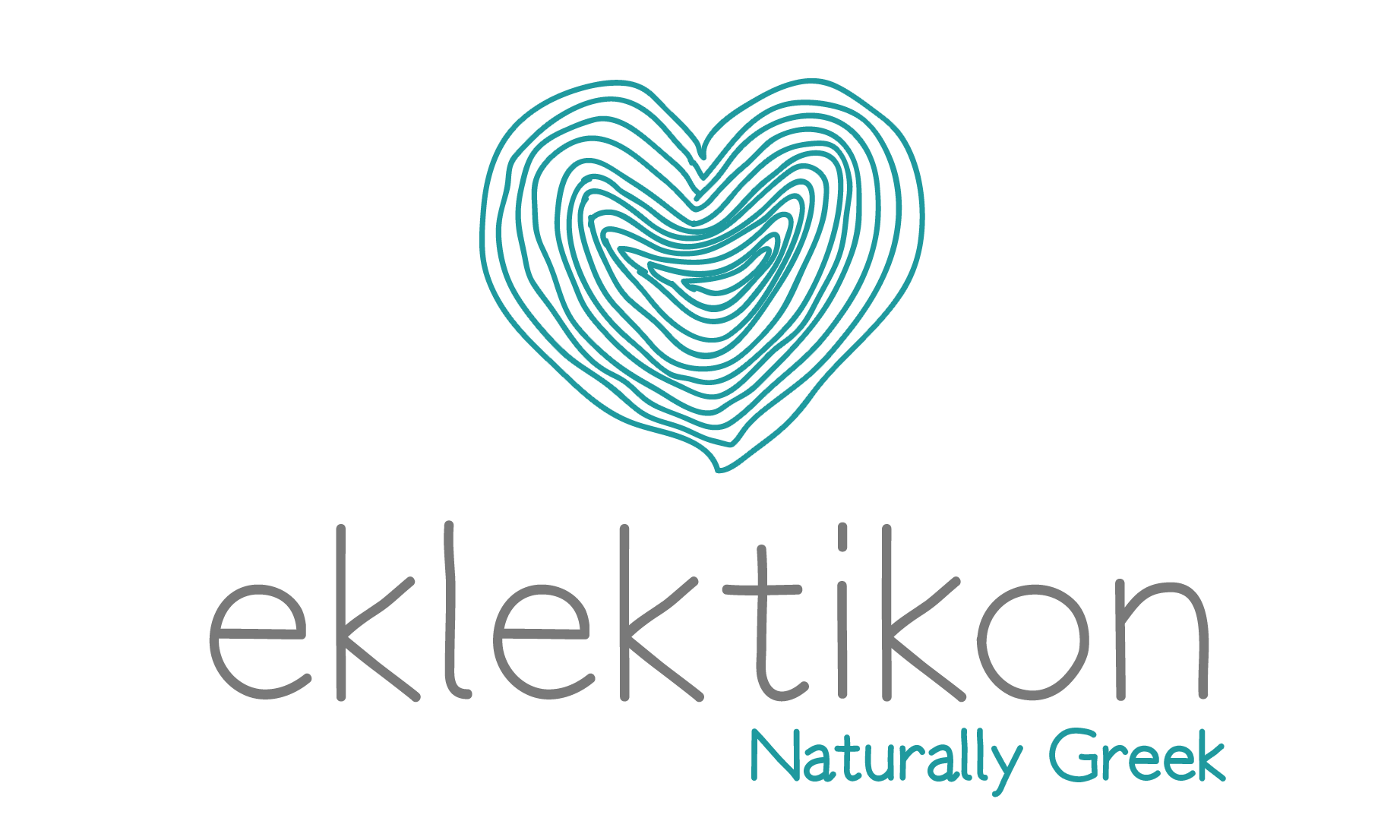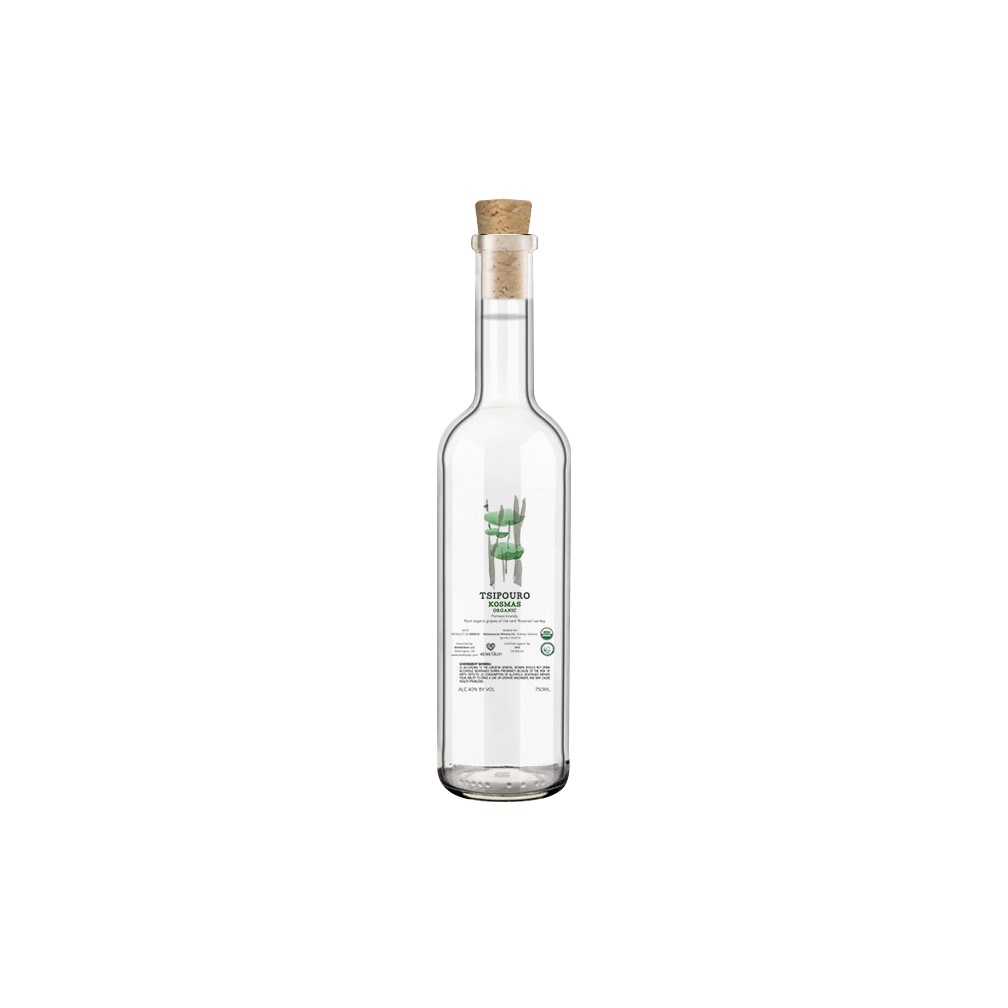Giorgos Balatsouras has been farming and vinifying rare local grapes, with organic certification, since 1998. His love for his birthplace, the village of Koniakos, which is very close to the ancient site of Delphi and the lake Mornou, shows in the honesty of the wines, which are made with the same methods that his family used for generations. This gives his wines a clearly traditional character.
Giorgos started making wine to preserve those family traditions, which were starting to disappear with the demise of many remote Greek villages and their vineyards, such as Koniakos. Koniakos sits in a fir forest, at an altitude of 800 meters, and is itself an alpine and pristine environment, far away from any human intervention. It is also here, where the bucolic “Kosmas” red grape was born, which is locally also known as “Gousmadia”. Giorgos single-handedly saved the variety from extinction, by having it officially recognized by the Greek authorities, and devoting all his red wine production to the tiny vineyard that he inherited from his family.
The area around Koniakos has been inhabited since ancient times, and considered the hub of the Dorians, one of the four main ancient Greek tribes. The continental / alpine micro-climate, creates favorable conditions for slow spontaneous fermentations. Farming is almost archaic, with no irrigation anywhere close by. Vinification adheres to the traditions, which are perfectly adapted to the local resources; open wood fermenters are covered with fir branches for cap management, with river stones keeping the skins submerged in their must. The fir secretes its flavorless resin, which adds texture to the wine, but also protects it thanks to its antiseptic properties. Giorgos does not add anything to the wine and does not interfere any further, with the objective of preserving the pristine and virgin nature of the local environment, which has always been clean of human intervention and pollution.


